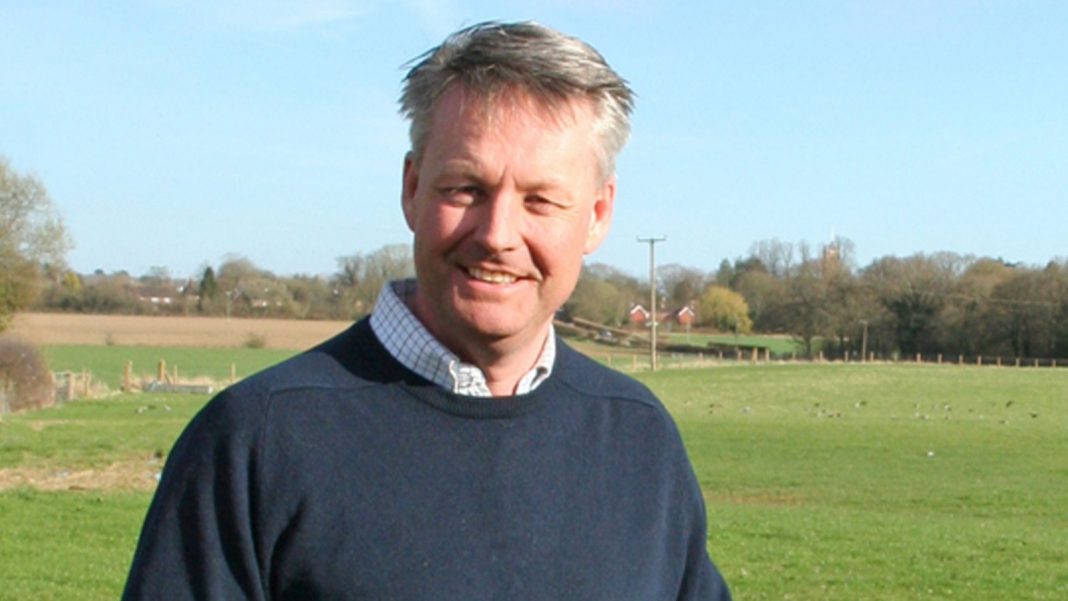NFU Vice President David Exwood said: “The NFU has long called for action to make it easier for the public to recycle rubbish, so we very much welcome this announcement which will hopefully encourage anyone who has DIY waste to dispose of it easily at a recycling centre and reduce the chances of it being fly-tipped illegally.
“Waste crime and fly-tipping continues to plague the lives of so many of us living and working in the countryside, and increasingly we’re seeing industrial-scale amounts of rubbish, such as builder’s rubble and hazardous materials.
Government plans to abolish the fees local authorities charge for disposing of DIY waste at HWRCs (household waste recycling centres) are due to come into force on 1 January 2024.
The changes mean that councils will treat DIY waste the same as household waste and follows consistent NFU lobbying to make it easier for householders to dispose of their unwanted items.
NFU members reported a surge in fly-tipping activity of household waste since the HWRC charges were introduced, saying the charges were clearly a deterrent to householders and illegitimate third parties who are employed by householders to dispose of their DIY waste, and opt to dump it on farmland to avoid the cost.
Mr Elwood said fly-tipping was the most prolific category of rural crime experienced by our members according to our 2021 Rural Crime Survey, with nearly half (48%) of those surveyed saying they had been affected by fly-tipping in the previous 12 months. 86% of farmers surveyed were affected by fly-tipping, and Defra’s latest statistics showed local authorities dealt with 1.09 million fly-tipping incidents, (a decrease of 4% from the 1.13 million reported in 2020/21) “However, with over a million incidents reported, this is still much higher than the previous five years,” he added.



